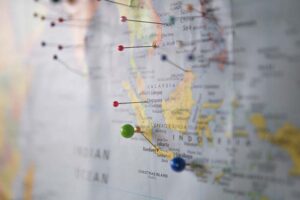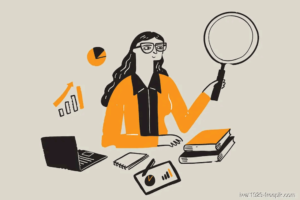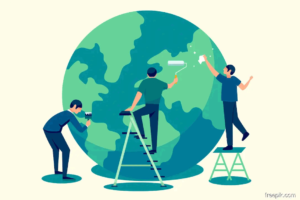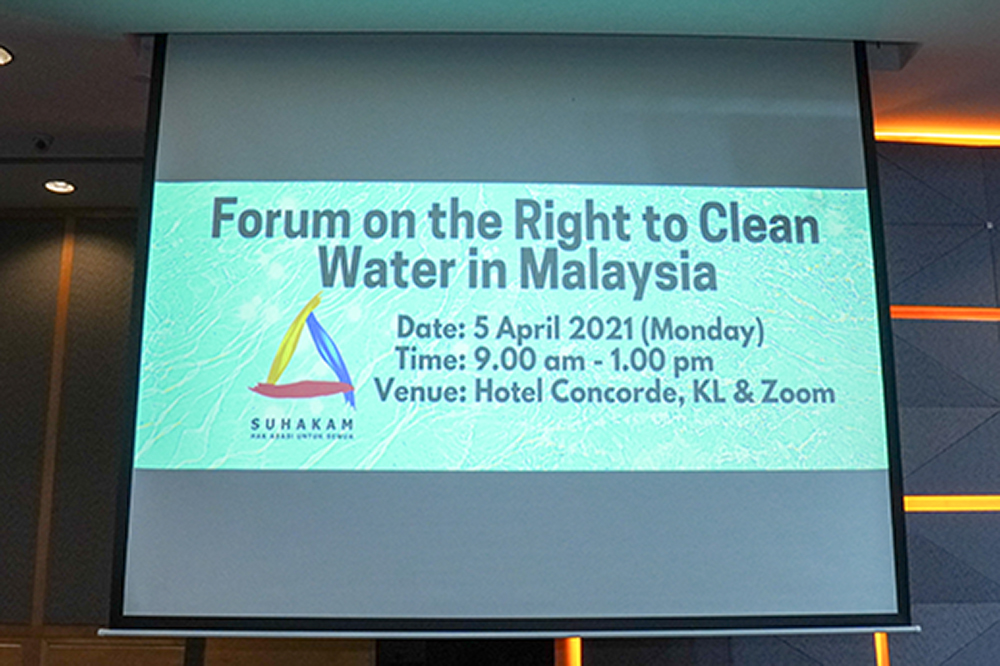
Good morning. Thank you for inviting me to this important forum and for the opportunity to deliver some remarks today on the right to clean drinking water and sanitation in the ASEAN context and Malaysia’s progress on Sustainable Development Goal 6 (SDG6). SDG6 aims to ensure the availability and sustainable management of water and sanitation for all.
The human right to safe drinking water and the human right to sanitation are two separate but integrated rights. These rights emanate from and are indispensable to realising the right to an adequate standard of living guaranteed under article 11(1) of the International Covenant on Economic, Social and Cultural Rights 1966 (ICESCR). Countries are to take appropriate steps by adopting legislative and administrative measures to ensure the realisation of these rights and the continual improvement of the peoples’ living conditions.
What does the right to safe drinking water and sanitation entail? Safe drinking water and proper sanitation should be available, accessible, affordable, acceptable and of good quality. The state has three primary responsibilities: the responsibility to respect, protect and fulfil. First, state actors must refrain from engaging in any activity that interferes, denies or limits access to safe drinking water and proper sanitation facilities.
Second, state actors must prevent third parties from interfering in any way with the enjoyment of the right to safe drinking water and sanitation. This responsibility includes adopting necessary and effective laws and policies to restrain third parties from denying or compromising equal, affordable and physical access to safe drinking water and proper sanitation.
Third, the responsibility to fulfil includes three components: to facilitate, promote and provide. State actors are to take positive measures to assist disadvantaged groups to access water and sanitation. Education and awareness-building programmes on the protection of water sources are to be implemented. Active and meaningful participation of affected communities and civil society actors are to be encouraged. Free drinking water and sanitation should be provided to communities who cannot provide for themselves with the means at their disposal, for reasons beyond their control.
At the Association of Southeast Asia Nations (ASEAN), Malaysia reported high rates of access to safe drinking water (96.5%) and access to improved sanitation (96%). The Department of Statistics 2019 report (published in December 2020) on Malaysia’s progress towards meeting the Sustainable Development Goals (SDG) states the following:
- 95.7% of our population uses safely managed drinking water services.
- 99.7% of our households use safely managed sanitation services.
- 93% of our water bodies, such as rivers, lakes and groundwaters, have good ambient water quality. Ambient water quality refers to natural and untreated water in the water bodies and represents a combination of natural influences and the impact of anthropogenic activities. However, note that Malaysia reports “slightly polluted” water quality as “good” quality due to technical reasons.
Despite the commendable data, Malaysia has yet to ratify the ICESCR. One would expect that if we are on the path towards fully realising water and sanitation rights, we will not fear making our commitment real at the global human rights stage. It would be foolish for anyone to object to having access to water and sanitation for everyone. As such, we should speak more of water and sanitation as a human right that every person is entitled to claim. It is not to be treated as a commodity to be bought or sold. Neither is it to be given only in the form of charity.
To this end, I reiterate the call to include new provisions in our Federal Constitution to include the right to an adequate standard of living, encompassing the rights to food, clothing, housing, medical care, social services, safe drinking water and sanitation, and a safe, clean, healthy and sustainable environment. After all, Malaysia signed the ASEAN Human Rights Declaration 2012 which provides for the same rights.
Another word about Malaysia’s SDG6 journey: Out of the 11 indicators, six indicators (54.5%) are not available and require development. They relate to the safe treatment of domestic and industrial wastewater, water use efficiency, water stress, degree of integrated water resources management, changes to water-related ecosystems, and procedures for local community participation in water and sanitation management. Malaysia’s picture is therefore far from complete. Even if we had these indicators and manage to meet the SDG6 targets, it does not necessarily mean that the human right to water and sanitation would be fully realised.
That is where strategic public interest litigation fills the gap. It brings to the Government’s attention the challenges that communities, including the Orang Asli and Orang Asal, face in rural areas. SDG metadata does not tell their stories. These communities fall through the cracks. It is no mean feat for vulnerable communities to file suits against the Government, yet unfortunately, we still see strong resistance from the state in the courts. Instead of litigating in defence, genuine steps should be taken by the Government in consultation with the communities to resolve the issues.
Today, water and sanitation are often taken for granted by those who are accustomed to a regular and uninterrupted supply of clean water. We seem to raise a hue and cry about the importance of protecting water sources only when our pipes are dry. Those who continue to struggle for access to water and sanitation daily understand the value of what we assume is a given to us. We must push to make the right to water and sanitation an enforceable claim before the courts, if not for ourselves, then for the marginalised and rural communities who surely deserve our support.
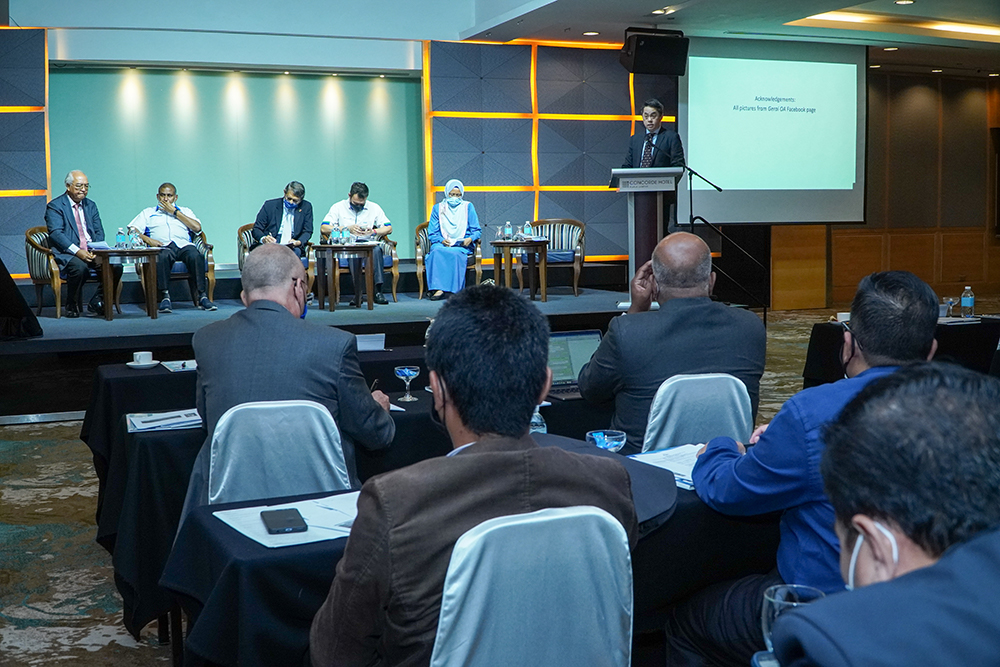
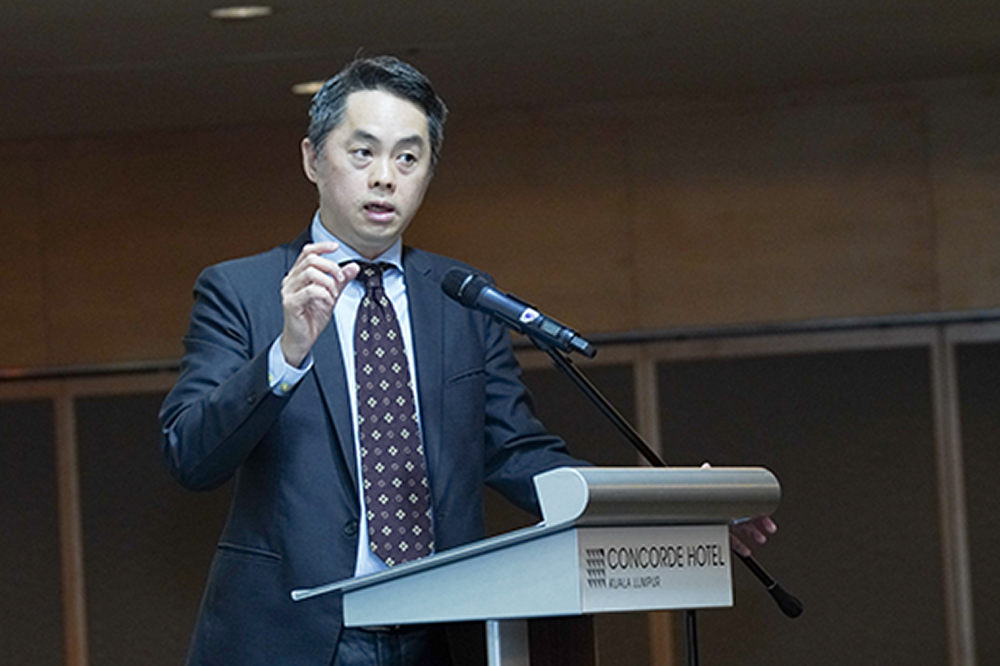
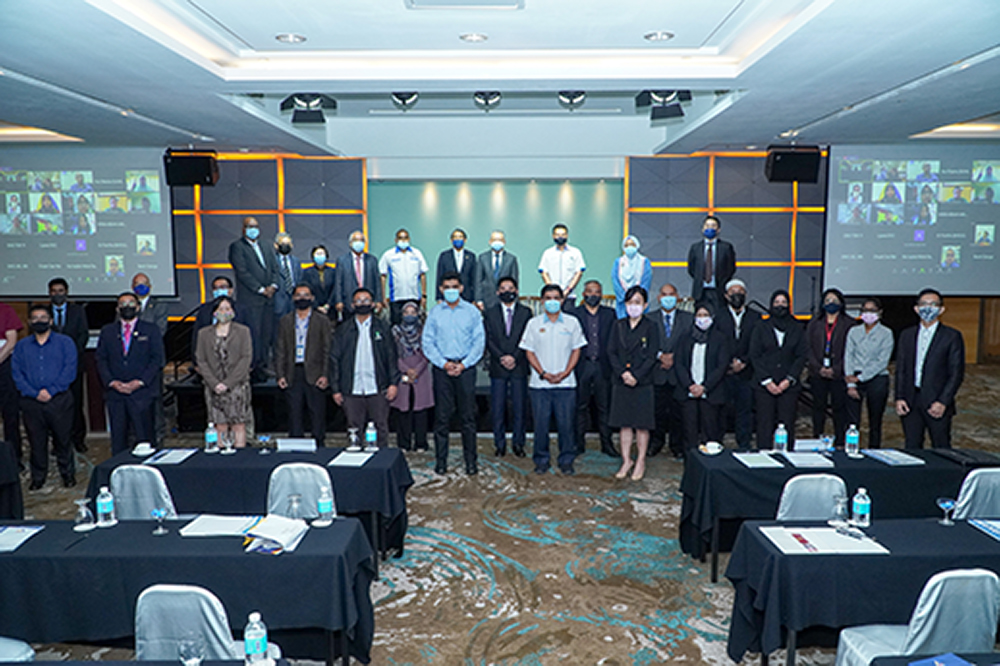
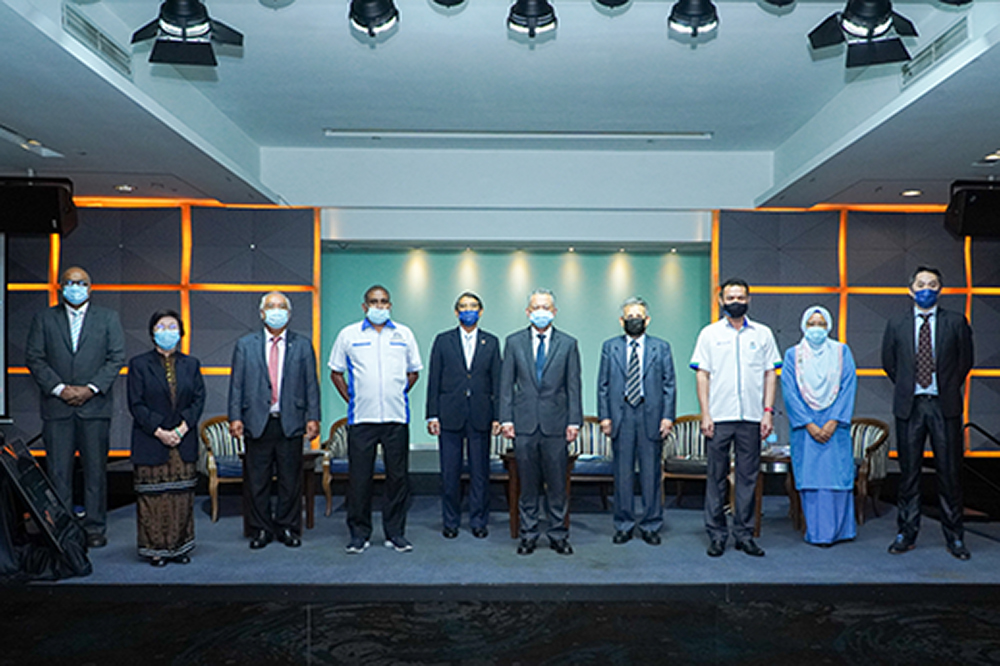
These remarks were delivered at the Forum on the Right to Clean Water in Malaysia organised by SUHAKAM on 5 April 2021. Due to time constraints, Edmund was not able to deliver the remarks in full.
As the Representative of Malaysia to the ASEAN Intergovernmental Commission on Human Rights (AICHR) for the years 2016, 2017 and 2018, Edmund led the AICHR’s work on economic, social and cultural rights with a landmark regional meeting on the right to water and sanitation. The Regional Consultation on the Right to Safe Drinking Water and Sanitation (with an emphasis on rural communities) was held in October 2017 and documented in the report here.


